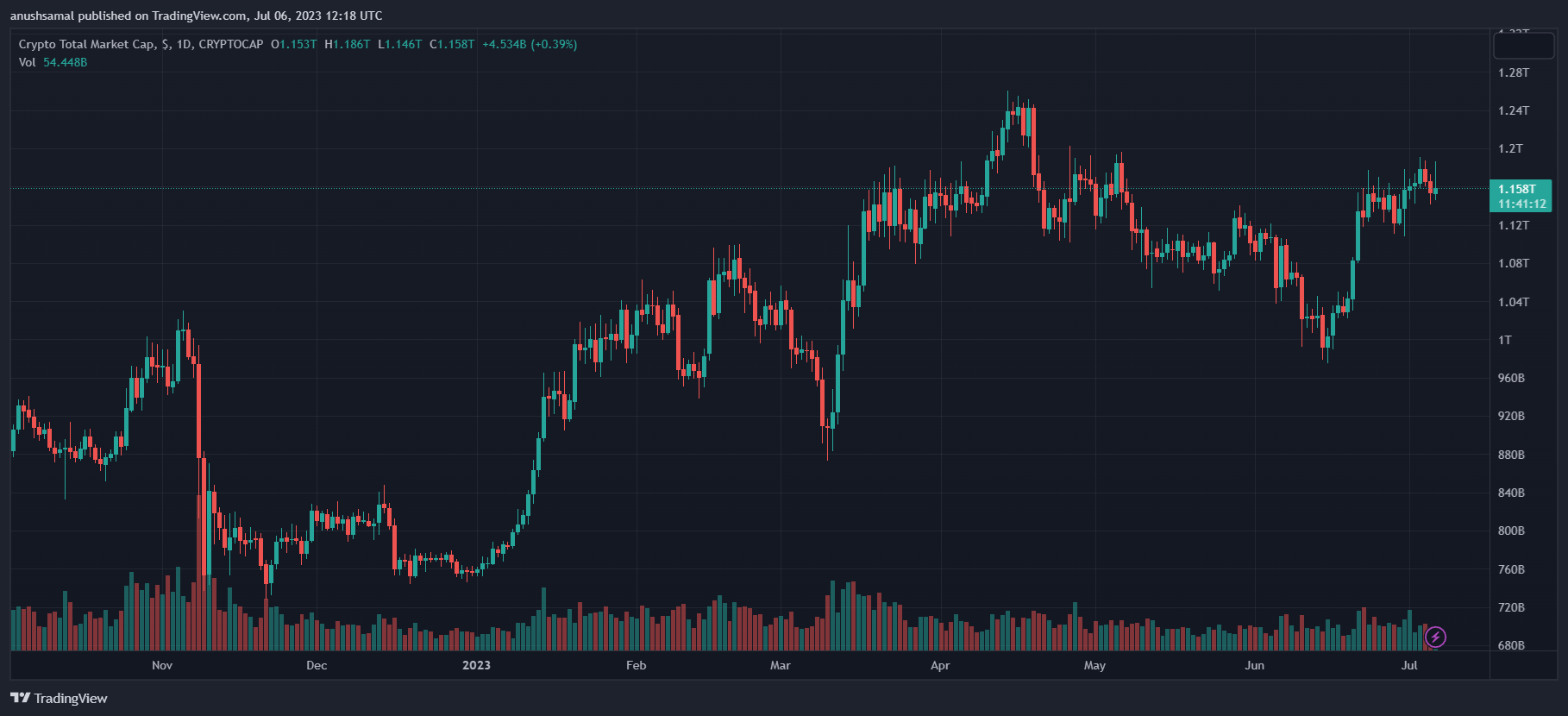Israel’s parliament, the Knesset, has given initial approval to a bill that seeks to extend tax benefits currently available to technology-driven industries to the emerging crypto sector in the country.
Knesset member Dan Ilouz is the sponsor of the bill, which has garnered strong support from the ruling coalition parties, according to Ilouz himself.
Highlights Of The Crypto Bill
The bill aims to bring equity to the treatment of crypto bonuses for employees by reducing the existing tax rate of 50% on such bonuses to 25%, aligning it with the tax rate applied to stock options.
Before this bill, employees in the crypto industry were subject to double the tax rate on their options compared to their counterparts in the traditional high-tech sector. Additionally, foreign investors in the blockchain industry did not enjoy the same benefits as investors in the traditional high-tech industry.
Related Reading: IMF Identifies Crypto As An ‘Obstacle’ To Tax Collection Systems – Here’s Why
The proposed bill aims to rectify these discrepancies by aligning the tax treatment of crypto industry workers’ options and providing equal benefits to foreign investors in the blockchain sector.
In addition, it will distinguish and treat “digital currency” as a separate entity from “security.” This is noteworthy as earlier this year, the Israeli Securities Authority (ISA) proposed including digital assets within the “security” category in its regulatory framework.
If the bill becomes law, it would provide an exemption from capital gains taxes on the sale of crypto for foreign residents of Israel. Furthermore, this proposed bill aligns with the economic policies aimed at attracting investors and companies to Israel, as advocated by Knesset member Dan Ilouz.
The explanatory note of the bill stated:
Despite the growth potential of Israeli companies in the field, the regulatory reality in Israel is not adapted to the digital currency industry. Therefore, it is proposed to make a number of legislative amendments that will reduce the regulatory gap.
Other Developments Within The Israeli Cryptocurrency Landscape
In April, the Bank of Israel provided a glimpse into its ongoing project regarding its central bank digital currency (CBDC). However, at that time, the bank clarified that no formal decision had been made regarding its implementation.
The bank’s special committee also outlined various potential scenarios for the development and deployment of a digital shekel, indicating active consideration and exploration of CBDC possibilities.
At the beginning of this year, the Israel Securities Authority (ISA) released a proposal aimed at amending the applicability of the country’s securities laws to crypto and digital assets.
Related Reading: Binance.US Market Share Drops To New All-Time Low Amid Regulatory Troubles
This proposal demonstrates the regulatory efforts of the ISA to adapt and update the existing legal framework to encompass the evolving landscape of cryptocurrencies and digital assets in Israel.
Over the past five years, Israel has established three committees dedicated to examining different aspects of crypto regulation and adoption within the country. These committees have been formed to delve into various categories related to cryptocurrencies and their implications










